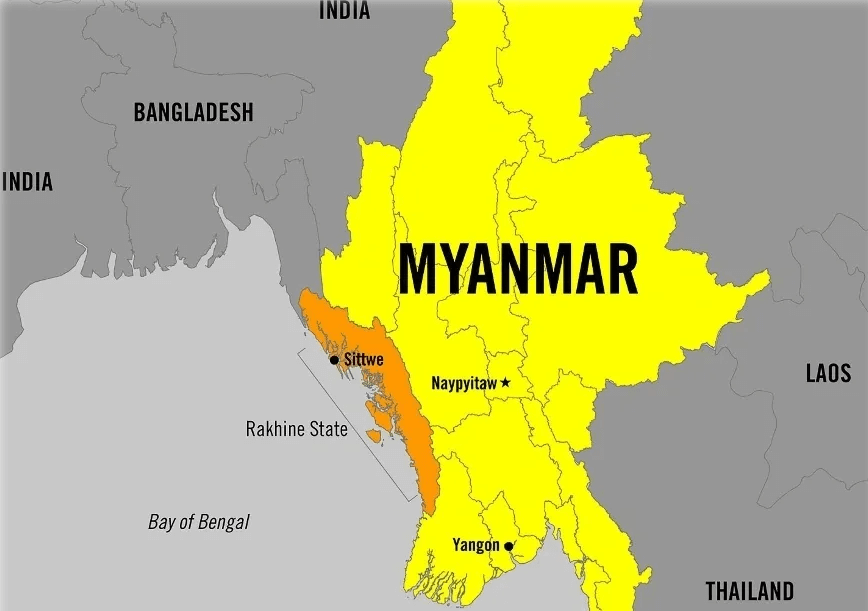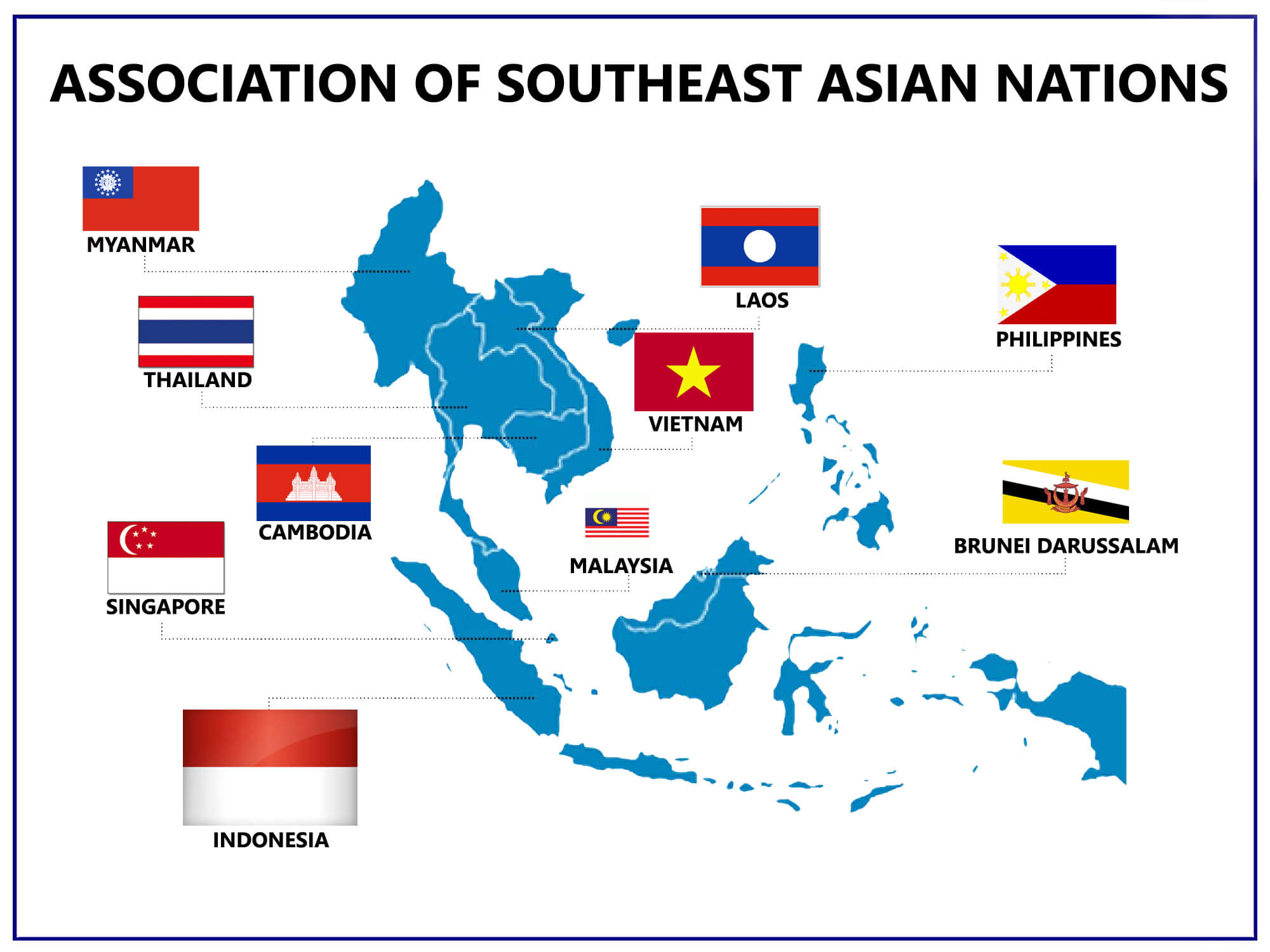The Hindu Analysis
Video
Read Analysis


Headlines
- UNSC seeks 'humanitarian pauses, corridors' in Gaza - Page No.1 , GS 2
- Challenging the Electoral Bond Scheme - Page No.8 , GS 2
- Branded, generic and the missing ingredient of quality- Page No.8 , GS 2
- War in Myanmar - Page No.8, GS 2
- Should elections be state funded? - Page No.9, GS 2
- Unimpeded freedom of navigation vital: Rajnath - Page No.16, GS 2
- Food prices pose risk to aligning inflation to 4% target: RBI officials - Page No.18, GS 3
UNSC seeks 'humanitarian pauses, corridors' in Gaza - Page No.1 , GS 2


- The UN Security Council has called for "extended humanitarian pauses" in the Gaza Strip, the first time it has broken its silence since the latest round of the bloody conflict between Israel and Hamas started last month.
- Israel, however, indicated that such a "pause" would not be possible till the hostages held by Hamas are released.
- The resolution, prepared by Malta and adopted with 12 votes in favour, "calls for urgent and extended humanitarian pauses and corridors throughout the Gaza Strip for a sufficient number of days" to allow aid to reach civilians. The U.S., the U.K. and Russia abstained.
- The UNSC was established by the UN Charter in 1945.
- It is one of the 6 principal organs of the United Nations.
- UNSC has 15 members: 5 permanent members (P5) and 10 non-permanent members elected for 2-year terms.
- The 5 permanent members are: United States, Russian Federation, France, China and the United Kingdom.
- India has served seven times in the UNSC as a non-permanent member and in January 2021, India entered the UNSC for the eighth time.
Challenging the Electoral Bond Scheme - Page No.8 , GS 2


- The electoral bonds system was introduced in 2017 by way of a Finance bill and it was implemented in 2018.
- They serve as a means for individuals and entities to make donations to registered political parties while maintaining donor anonymity. Features:
- State Bank of India (SBI) issues the bonds in denominations of Rs 1,000, Rs 10,000, Rs 1 lakh, Rs 10 lakh, and Rs 1 crore.
- Payable to the bearer on demand and interest-free.
- Purchased by Indian citizens or entities established in India.
- Can be bought individually or jointly with other individuals.
- Valid for 15 calendar days from the date of issue. Authorized Issuer:
- SBI is the authorized issuer.
- Electoral Bonds are issued through designated SBI branches. Eligibility of Political Parties:
- Only the political parties registered under Section 29A of the Representation of the People Act, 1951 and have secured not less than 1% of the votes polled in the last general election to the House of the People or the Legislative Assembly, are eligible to receive electoral bonds.
- Through an amendment to the Finance Act 2017, the Union government has exempted political parties from disclosing donations received through electoral bonds.
- This means the voters will not know which individual, company, or organization has funded which party, and to what extent.
Branded, generic and the missing ingredient of quality- Page No.8 , GS 2


- This is the reality of over-the-counter sales in India, where a salesperson can decide which brand of generic medicine (pharmacological compound can be given to a patient.
- The prescribing doctor has no freedom to mention his favourite brand in which he has invested his faith in terms of quality. On August 3, 2023, the National Medical Council (NMC) directed all doctors to prescribe only generic names and not brand names which led to protests.
- Brand names are shunned because many brands are costly. Generic names are much cheaper. In 1975, the Hathi Committee demanded that all brand names should be weeded out gradually.
- There is an alleged nexus between pharmaceutical companies and doctors who can be influenced to give in to unethical marketing and promotional offers or kick-backs.
- The prevalence rate of spurious and "not standard quality" medicines (NSQs), stands at 4.5% and 3.4 %, respectively, as shown by two national drug surveys in the last 10 years using thousands of samples from retail chemists across India.
- The government must ensure the quality of medicines produced, procured, and supplied through its Universal Health Coverage system as well as the private health-care network.
War in Myanmar - Page No.8, GS 2



- Clashes have erupted in the restive Rakhine State, and Chin State that borders India.
- When the military toppled the elected government of Aung San Suu Kyi in February 2021, its first step was to use force to establish order. It jailed most of the pro-democracy politicians, including Ms. Suu Kyi, and unleashed a violent crackdown on protests.
- If the violence continues, especially in areas bordering India and China, it will have regional repercussions.
- Major regional players, along with ASEAN, should play a more proactive role to achieve a ceasefire in Myanmar, setting the stage for meaningful dialogue that is aimed at restoring democracy and freedoms.
Should elections be state funded? - Page No.9, GS 2

- This means that government gives funds to political parties or candidates for contesting elections. Its main purpose is to make it unnecessary for contestants to take money from powerful moneyed interests so that they can remain clean. Why public funding is good?
- Political parties and candidates need money for their electoral campaigns, to keep contacts with their constituencies, to prepare policy decisions and to pay professional staff. Therefore, public funding is a natural and necessary cost of democracy.
- Public funding can increase transparency in party and candidate thereby help curb corruption.
- In societies where many citizens are under or just above the poverty line they cannot be expected to donate large amounts of money to political parties or candidates. Why are some people opposed to this idea?
- Those against this idea wonder how a Government that is grappling with deficit budgets, can provide money to political parties to contest elections.
- They also warn that state funding would encourage every second outfit to get into the political arena merely to avail of state funds.
- Also, given that state expenditure on key social sectors such as primary healthcare is "pitifully small", the very idea of the Government giving away money to political parties to contest polls, is revolting. A few government reports have looked at state funding of elections in the past, including:
- Indrajit Gupta Committee on State Funding of Elections (1998)
- Law Commission Report on Reform of the Electoral Laws (1999)
- National Commission to Review the Working of the Constitution 2001)
- Second Administrative Reforms Commission (2008)
Unimpeded freedom of navigation vital: Rajnath - Page No.16, GS 2

- India is committed to the freedom of navigation, overflight, and unimpeded lawful commerce in international waters, and supports the 1982 United Nations Convention on the Law of the Sea (UNCLOS), Defence Minister Rajnath Singh said on Thursday.
- Addressing the 10th meeting of Defence Ministers from countries belonging to the Association of South East Asian Nations (ASEAN) and its dialogue partners in Indonesia, he reaffirmed ASEAN's centrality and appreciated its role in promoting dialogue and consensus in the region.
- The ASEAN Defence Ministers Meeting-Plus (ADMM-Plus) is a platform to strengthen
security and defence cooperation for the 10 ASEAN member States and their eight
dialogue partners —
- India
- Australia
- China
- Japan
- New Zealand
- The Republic of Korea
- Russia
- The United States
- The Association of Southeast Asian Nations (ASEAN) is a regional grouping that aims to promote economic and security cooperation among its ten members: Brunei, Cambodia, Indonesia, Laos, Malaysia, Myanmar, the Philippines, Singapore, Thailand, and Vietnam.
- Establishment: It was established on 8 August 1967 in Bangkok, Thailand, with the signing of the ASEAN Declaration (Bangkok Declaration) by the founding fathers of ASEAN: Indonesia, Malaysia, Philippines, Singapore and Thailand.
- Aim: The motto of ASEAN is "One Vision, One Identity, One Community".
- Secretariat: ASEAN Secretariat is located in Jakarta, Indonesia.
- ASEAN countries have a total population of 662 million people and a combined gross domestic product (GDP) of $3.2 trillion as of 2022.

Food prices pose risk to aligning inflation to 4% target: RBI officials - Page No.18, GS 3

- The only risk to the Reserve Bank of India (RBI's) "resolve to align headline inflation with the target of 4% is food inflation", with high frequency data showing the prices of several food items already firming up this month, central bank officials wrote in an article in the November edition of the RBI Bulletin.
- "Several constituent prices are already firming up - onions; tomatoes; cereals; pulses; and sugar - with the potential to disrupt the gains made in the last two months. Accordingly, in the RBI, we are bracing up for upticks in the readings for November and December," the officials, led by Deputy Governor Michael D. Patra wrote in 'State of the Economy'.
- In 2016, the RBI Act, 1934 was amended to provide a statutory basis for the implementation of the flexible inflation targeting framework.
- Inflation Target: Under Section 45ZA, the Central Government, in consultation with the RBI, determines the inflation target in terms of the Consumer Price Index (CPI), once in five years and notifies it in the Official Gazette.
- Accordingly, in 2016, the Central Government notified 4 per cent Consumer Price Index (CPI) inflation as the target for the period from August 5, 2016 to March 31, 2021 with the upper tolerance limit of 6 per cent and the lower tolerance limit of 2 per cent.
- In 2021, the Central Government retained the inflation target and the tolerance band for the next 5-year period - April 1, 2021 to March 31, 2026. Monetary Policy Committee:
- Section 45ZB of the RBI Act provides for the constitution of a six-member Monetary Policy Committee (MPC) to determine the policy rate required to achieve the inflation target.
- The Reserve Bank of India Act, 1934 was amended by Finance Act (India), 2016 to constitute MPC.
- Quorum: The quorum for a meeting shall be four Members, at least one of whom shall be the Governor and, in his absence, the Deputy Governor, who is the Member of the MPC.
- Decision Making: The MPC takes decisions based on a majority vote. In case of a tie, the RBI Governor will have the second or casting vote.
- The decision of the MPC would be binding on the RBI
- Functions: The MPC is entrusted with the responsibility of deciding the different policy rates including MSF, Repo Rate, Reverse Repo Rate, and licuicity Adiustmont Cacility
Q.1 With reference to Indian economy, demand-pull inflation can be
caused/increased by which of the following?
1. Expansionary policies
2. Fiscal stimulus
3. Inflation-indexing of wages
4. Higher purchasing power
5. Rising interest rates
Select the correct answer using the code given below:
ASSOCIATION DE SOUTHEAST AS
(a) 1, 2 and 4 only
(b) 3, 4 and 5 only
(c) 1, 2, 3 and 5 only
(d) 1, 2, 3, 4 and 5
1. Expansionary policies
2. Fiscal stimulus
3. Inflation-indexing of wages
4. Higher purchasing power
5. Rising interest rates
Select the correct answer using the code given below:
ASSOCIATION DE SOUTHEAST AS
(a) 1, 2 and 4 only
(b) 3, 4 and 5 only
(c) 1, 2, 3 and 5 only
(d) 1, 2, 3, 4 and 5